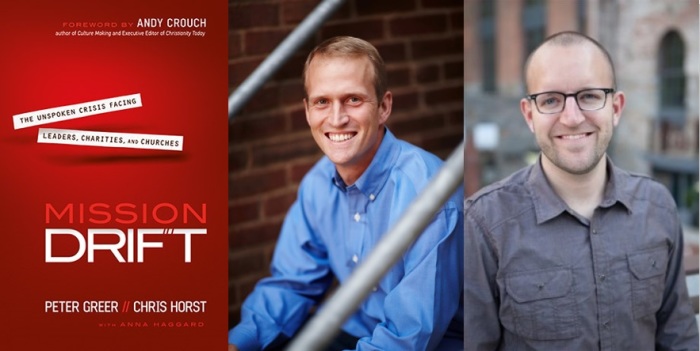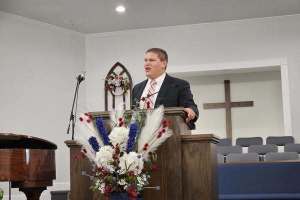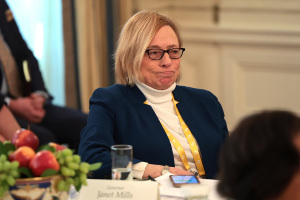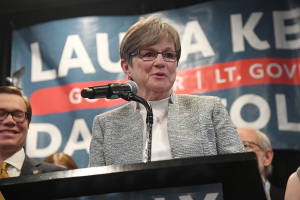Why Did Harvard and the YMCA Stray From Their Christian Roots?
When Harvard University was founded in 1636, its mission was that its students "be plainly instructed and consider well that the main end of your life and studies is to know God and Jesus Christ."
The YMCA began as "a refuge of Bible study and prayer for young men seeking escape from the hazards of life on the streets."

Neither organization still intimately affiliates with its once-overt religious identity. Indeed, they are two out of dozens of colleges and non-profits that once manifested Christian ideals and now posses a reputation, values and processes which are staunchly secular.
What changed?
That is the question that Peter Greer and Chris Horst, both of the microfinance non-profit Hope International, attempt to answer in the recently released Mission Drift: The Unspoken Crises Facing Leaders, Charities and Churches.
"The more we researched, the more we realized that it's not like one major event. There's not one major decision [that takes the organization off its Christian mission,]" said Greer, who is the CEO and President of the Lancaster, Pa. based organization. "It's all these really small decisions and you don't really see the impact until you take a step back and seem the difference that time allows and perspective."
One of those incremental shifts can be appointing board members whose values may not be completely in sync with the mission of the organization, said Greer.
"We found that 'mission drift' often starts with boards. As much intentionality as there is around hiring staff, often times there's not that same type of process and scrutiny and understanding with whom you invite on your board," said Greer.
It's necessary, then, that organizations vet their candidates to make sure that nominees hold values "fully in line with the mission" and have a "deep passion for it," rather than let themselves be overly swayed by a potential board member's lofty credentials or past professional success.
"They are ultimately the protectors and guardians of the mission," said Greer, who added that as he became more aware of these findings, he led Hope to start evaluating how the espoused values of a candidate manifested themselves in the individual's life.
Greer said that Hope also broadened its success metrics, resisting the urge to restrict them to "budget and numbers served."
"Those are good indicators but they are insufficient to really measure the whole mission and what we're trying to do at Hope International," he said.
Greer challenged organizations that might believe they are invincible to falling away from their Christian identities.
"The natural course is to drift away from our core mission and so it's just a recognition for all of us that we need to step outside of our regular dialogue and discuss [this propensity,]" he said.
Instead, organizations must realize they will change and evolve and must develop a strong "clarity of purpose."
"Do you understand why were created? What your core purpose is? Then you must evaluate every decision, every funding opportunity, and every hiring opportunity, through that lens of why you were created," Greer added. "If that organization is not going to bring you closer to fulfilling of the 'why' of your organization, then we believe you are making a decision unintentionally—probably subtly and silently—to drift away from your mission."





























